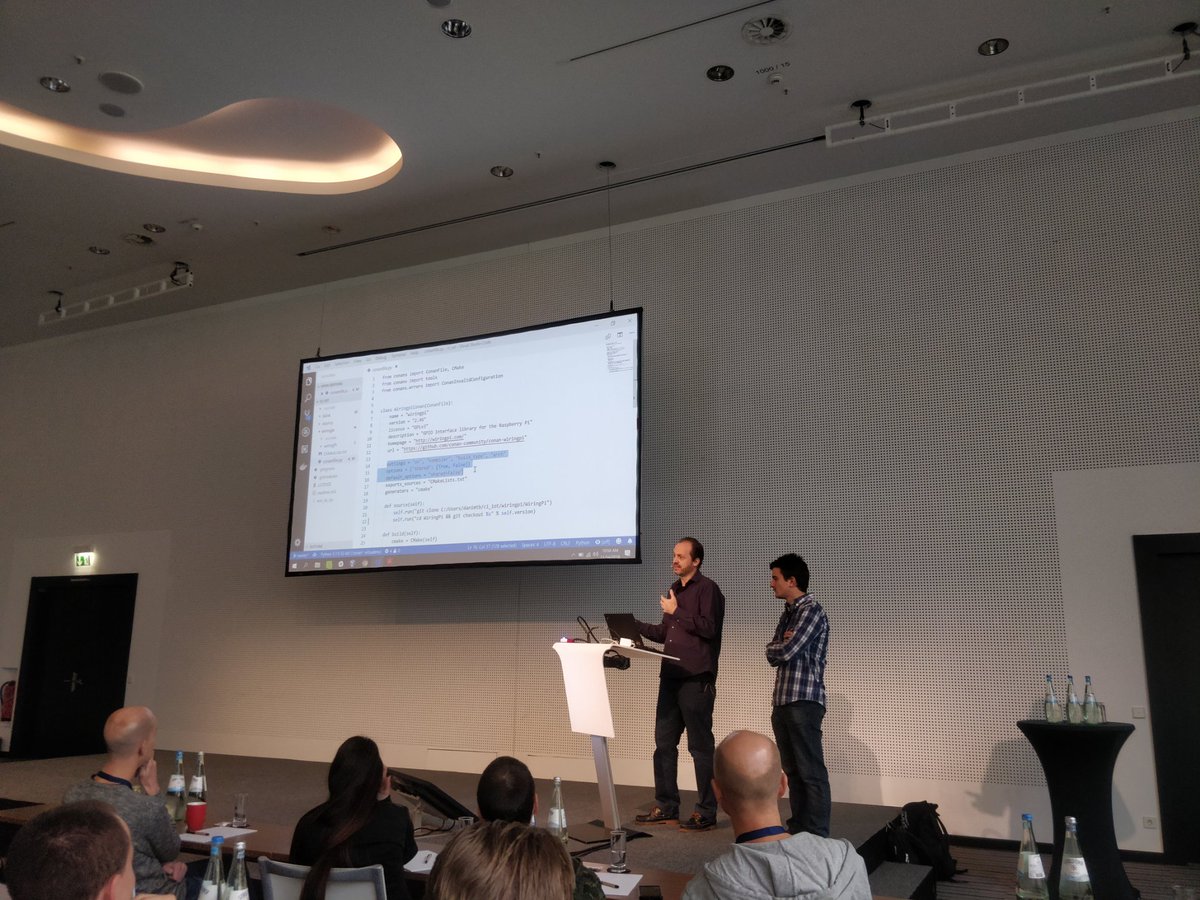RangeOf: A better span--Corentin Jabot
Do you like span?
RangeOf: A better span
by Corentin Jabot
From the article:
I don’t like span.
Since that article was posted, the committee improved span quite a bit by removing operator== and making it’s size() consistent with that of vector after a lot of discussions. And I mean a lot...

 Were you there?
Were you there? 